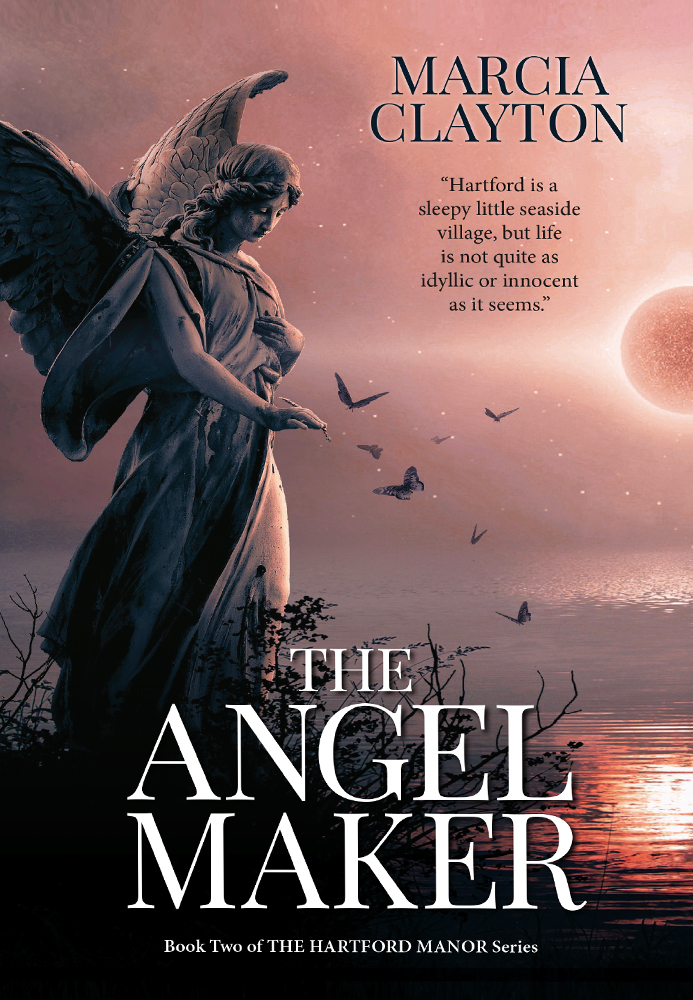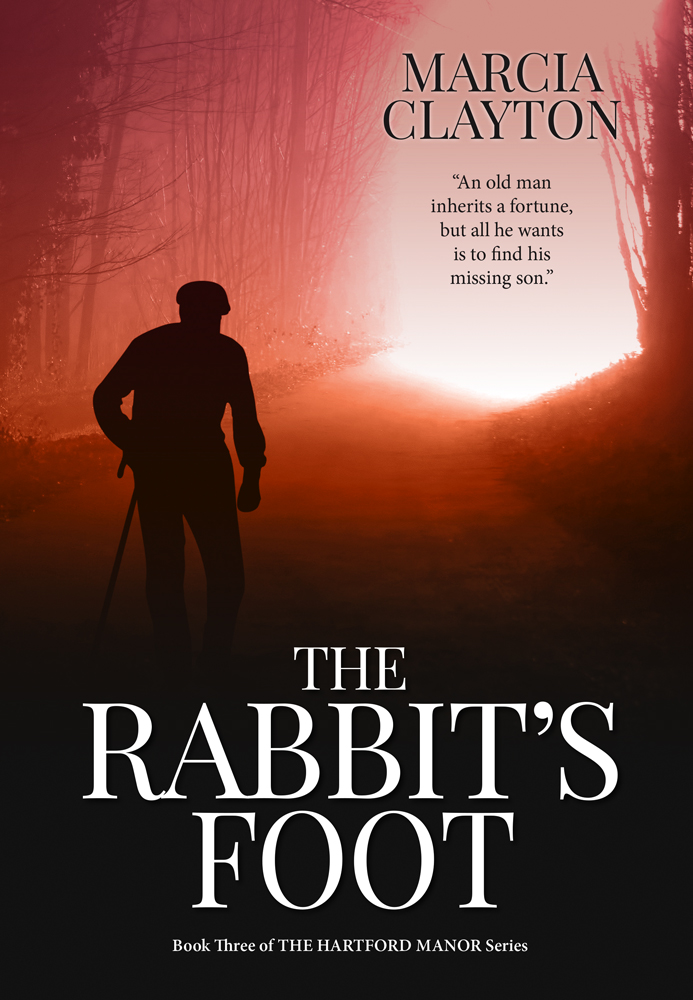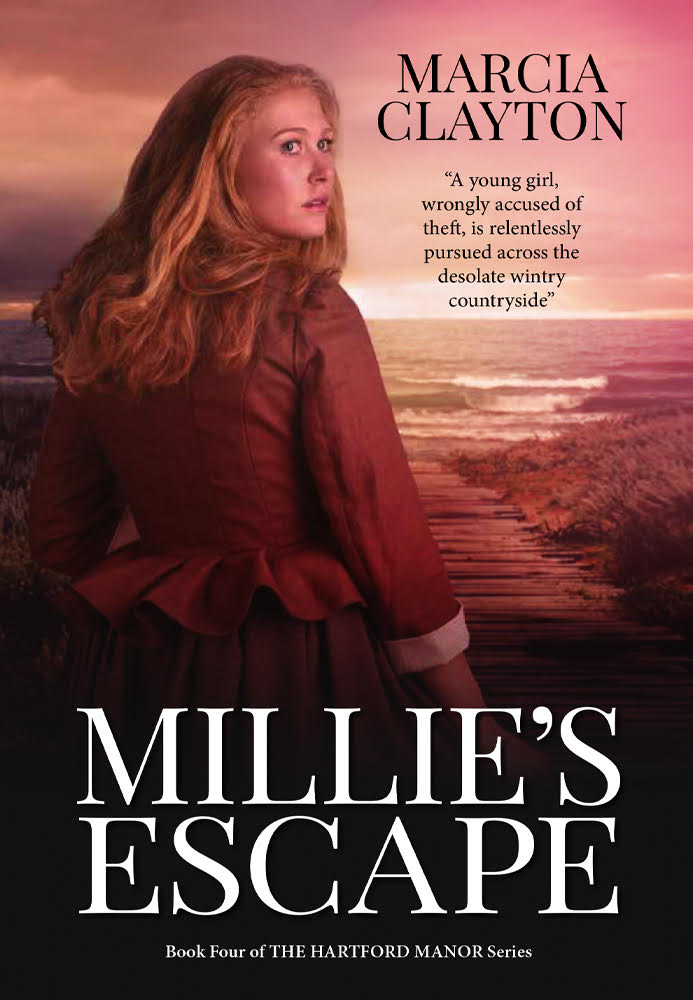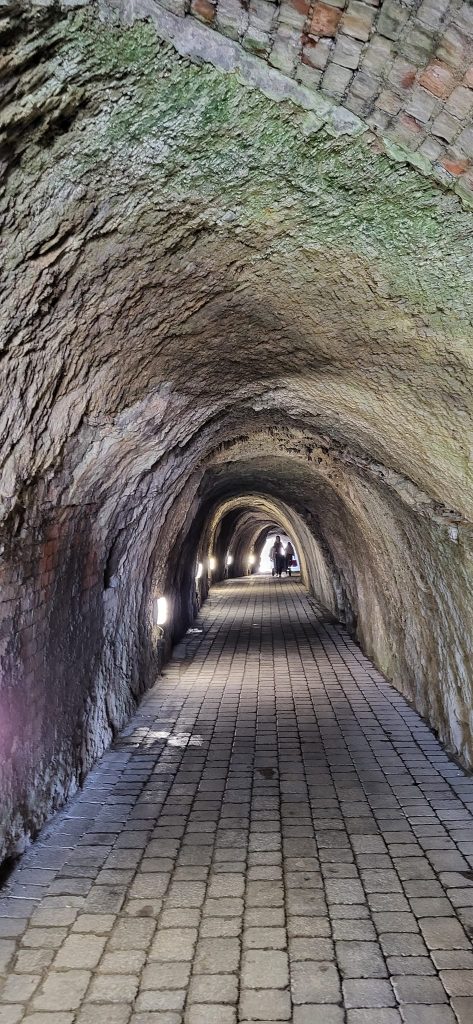Hello, and welcome to my August Newsletter.
I expect, like me, most of you are pretty fed up with all this rain, though I know we need it. The weather never seems to do things by half these days, does it? One minute we have a drought for a month, and it’s hard work watering the garden, and now all of July has been like a monsoon season!

I wasn’t best pleased when it rained heavily on St Swithin’s Day (15 July), for I expect most of you know the saying – if it rains on that day, it will rain for 40 days and 40 nights! (It is just an old wives’ tale – isn’t it?). Time will tell, but I think the 40 days will be up on 25 August! On the plus side, my garden is looking good, particularly the hydrangeas, which love the rain. Someone told me the other day that the clue is in their name – something I had never thought about before. Still, however bad the weather is here, it’s easier to cope with than the 40 degrees+ they are experiencing in other countries.
Old Saying of the Month
I’m not sure this phrase is used so often nowadays, but anyone my age will have come across it. This is how it originated.
As Dead as a Doornail
We are all familiar with the saying, As Dead as a Doornail, and we use it to mean something completely inactive or dead. The phrase is ancient and can be traced back to the 1300s when it is found in poems from that period. The phrase was used by William Shakespeare and, later, Charles Dickens in A Christmas Carol. It is believed the saying originated from carpenters using a technique called “clinching” to hammer doornails into the wood and keep them in place. Once the nail was in place, the studs on the top were hammered into the wood and smoothed out, making them secure. Removing the nails and using them again was impossible – making them “as dead as a doornail”.
My Writing News
Millie’s Escape
Since my July newsletter, I’ve been busily editing Book Five in the Hartford Manor Series and can now confirm it will be called “Millie’s Escape”. Last month I mentioned I had two titles in mind, the other being “Millie’s Promise”. However, I think “Millie’s Escape” best fits the image I’ve found for the cover. This book follows on from The Rabbit’s Foot and, slightly confusingly, says it’s Book 4 of The Hartford Manor Series. This is because Betsey is the prequel to the series. I still have a lot to do to get it ready, but I’m hoping it will be published in November. Here’s a sneaky preview of the cover. I want it to fit in with the other books in the series, but are the colours on the new book a bit too pink? I’d love to hear what you think.





The Month’s Bargains
All of my books are free to read in Kindle Unlimited, but once in three months, Amazon allows me to reduce the price of the ebooks. I’ve been busy writing and haven’t done this for a while, so over the next month, they will all be reduced to 99p. I think you can even gift the books to someone else’s Kindle – so they could be a handy birthday present for someone. Here are the dates they are on offer:
The Rabbit’s Foot – 99p from 2 – 9 August
http://mybook.to/TheRabbitsFoot
Betsey – 99p from 7 – 14 August
https://mybook.to/Betsey
The Angel Maker – 99p from 22 – 29 August
http://mybook.to/TheAngelMaker
The Mazzard Tree – 99p from 1 – 8 September
http://mybook.to/TheMazzardTree

The Tunnels Beaches at Ilfracombe
In Millie’s Escape, one of the characters visits the famous Tunnel Beaches at Ilfracombe, so I thought I’d tell you about them. In the early 19th century, North Devon became popular as a seaside resort, with visitors arriving by ship and rail, and the Ilfracombe Sea Bathing Company was formed.
The Tunnels were created in 1820, hand-carved by a team of hundreds of Welsh miners over the next two years. The miners were paid 8d per day, and their pickaxe marks are still visible on the walls today. Providing access to the coastline by foot or carriage, there were originally six tunnels, and four are still in use today.
The tunnels led to separate tidal pools for ladies and gentlemen to bathe, and this was tightly controlled, with a bugler on guard between the two. If a man attempted to spy on the ladies, the bugler would blow an alarm call, and the man would be arrested. Horse-drawn wooden bathing machines were wheeled to the water’s edge to maintain the ladies’ modesty. It was not until 1905 that mixed bathing was allowed.

Goodness knows what the Victorians would think of topless bathing! I can’t claim the credit for these two lovely photos, for they were taken recently by Kimbra, my husband’s cousin, who came to North Devon on holiday with her family. Thank you, Kimbra, for allowing me to use them.
My Book of the Month
Here to Stay by Mark Edwards

This is not the sort of book I usually read, but a friend recommended it, and I decided to try it. I’m glad I did because I really enjoyed it. It held my attention from start to finish, and I read it in a couple of days which is always a good recommendation. The book is about a married man whose in-laws come to stay, and they are not keen to move out. It seems strange that such an intriguing story can be woven from such a simple situation. However, as the story develops, it becomes clear that there is far more to this family than meets the eye, and not all of it is good. I’ll definitely be reading more books by this author. You can find it here: Here to Stay
Well, that’s all for now, so thank you for continuing to follow me. Until next time, I hope you keep safe and well.
0 Comments